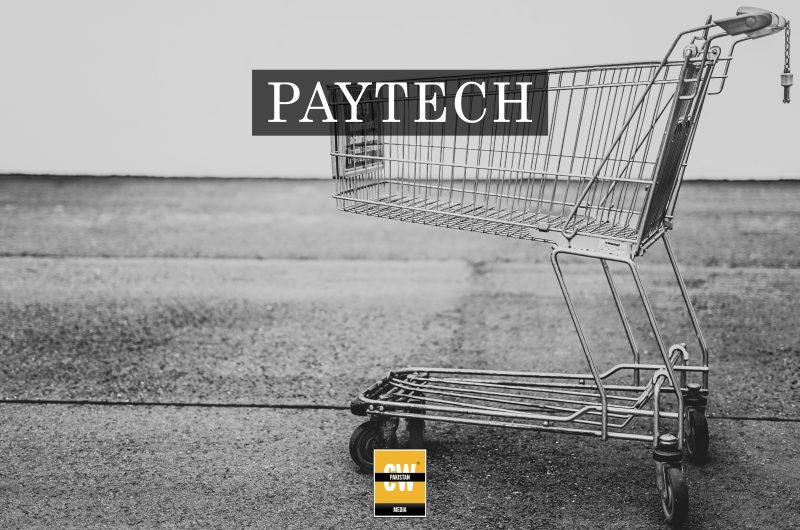IMF has proposed the sales tax registration of online digital platforms engaging in transactions with local consumers in Pakistan. This recommendation extends to prominent e-commerce platforms like Daraz, Homeshopping, Zameen.com, as well as tech giants such as Google and Facebook.
According to IMF sources, these platforms would be mandated to register for value-added tax (VAT) and collect and remit tax for sales facilitated by them, including digital products/services and low-value goods (LVGs) from non-resident vendors to domestic consumers.
The IMF suggests classifying these platforms as intermediaries, specifying that those controlling or setting crucial transaction elements between third-party vendors and purchasers should be required to register and collect VAT.
This includes entities involved in collecting payment and transmitting it to vendors. However, platforms solely offering listing services or functioning as payment processors would be exempt.
Furthermore, the IMF recommends that VAT-registered businesses continue to self-assess and remit any applicable VAT on purchases from non-resident vendors and digital platform operators.
Government departments and agents, typically registered for VAT, would treat their purchases as business-to-business transactions and self-assess VAT accordingly. To maintain the integrity of the proposed VAT framework, the IMF suggests penalties for providing false VAT registration numbers to evade tax.
In cases where a VAT-registered business is wrongly charged VAT, they would be eligible for refunds from non-resident vendors or digital platform operators, though any VAT paid would not be recoverable through input tax claims.
These recommendations aim to streamline VAT processes and ensure compliance, marking a significant step towards regulating digital transactions in Pakistan’s evolving economic landscape.








